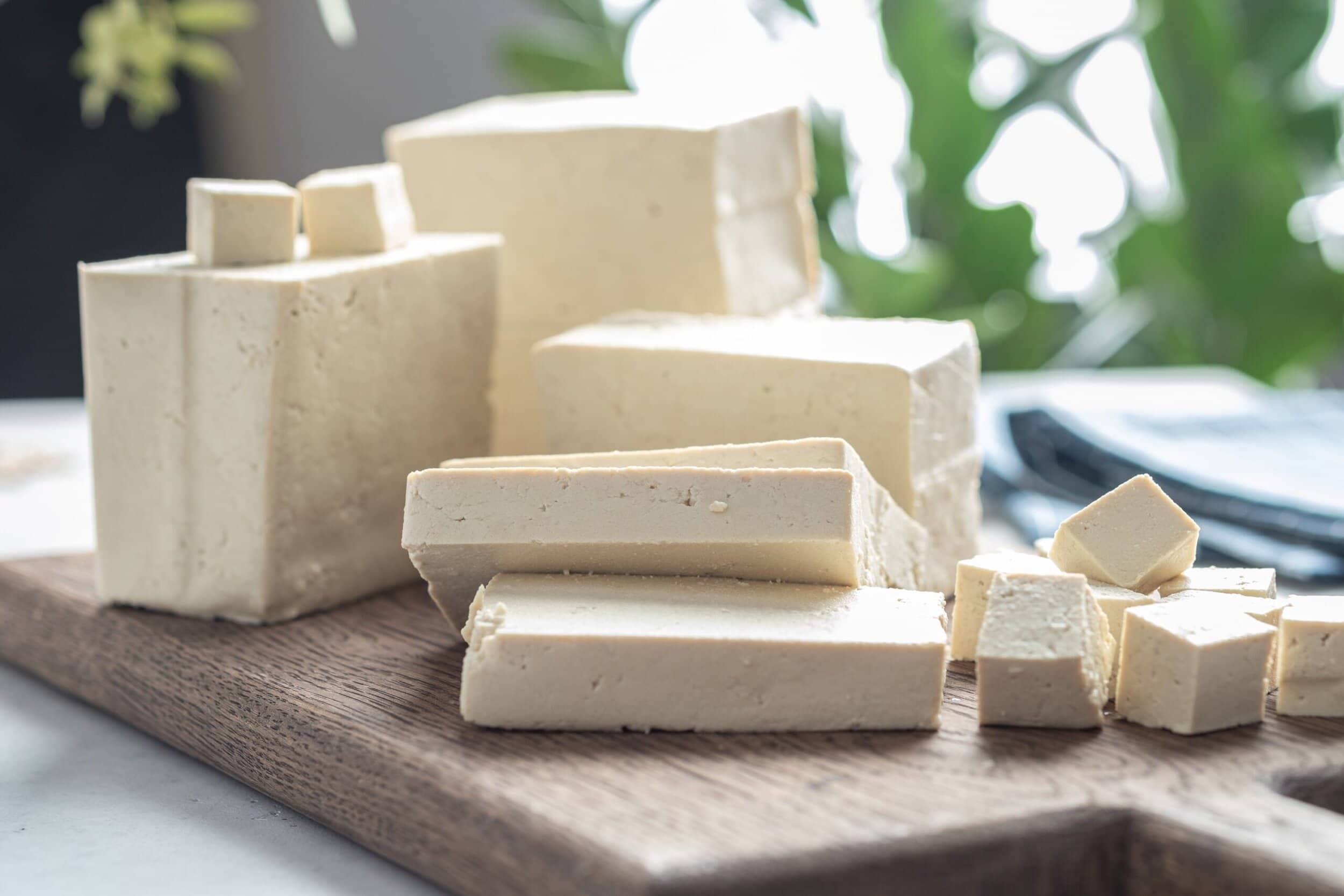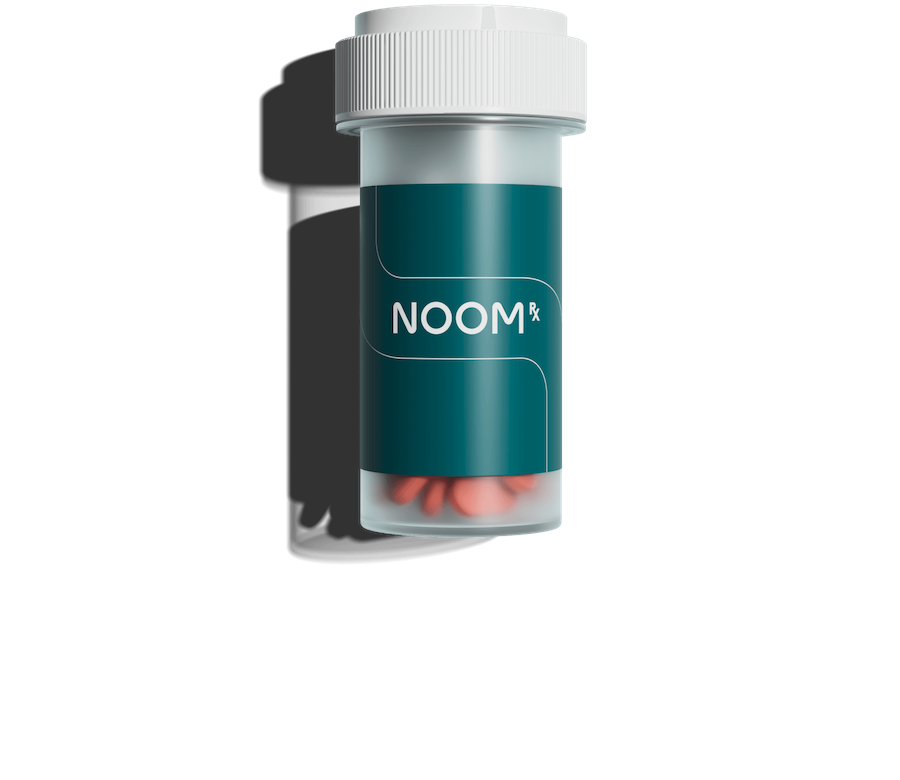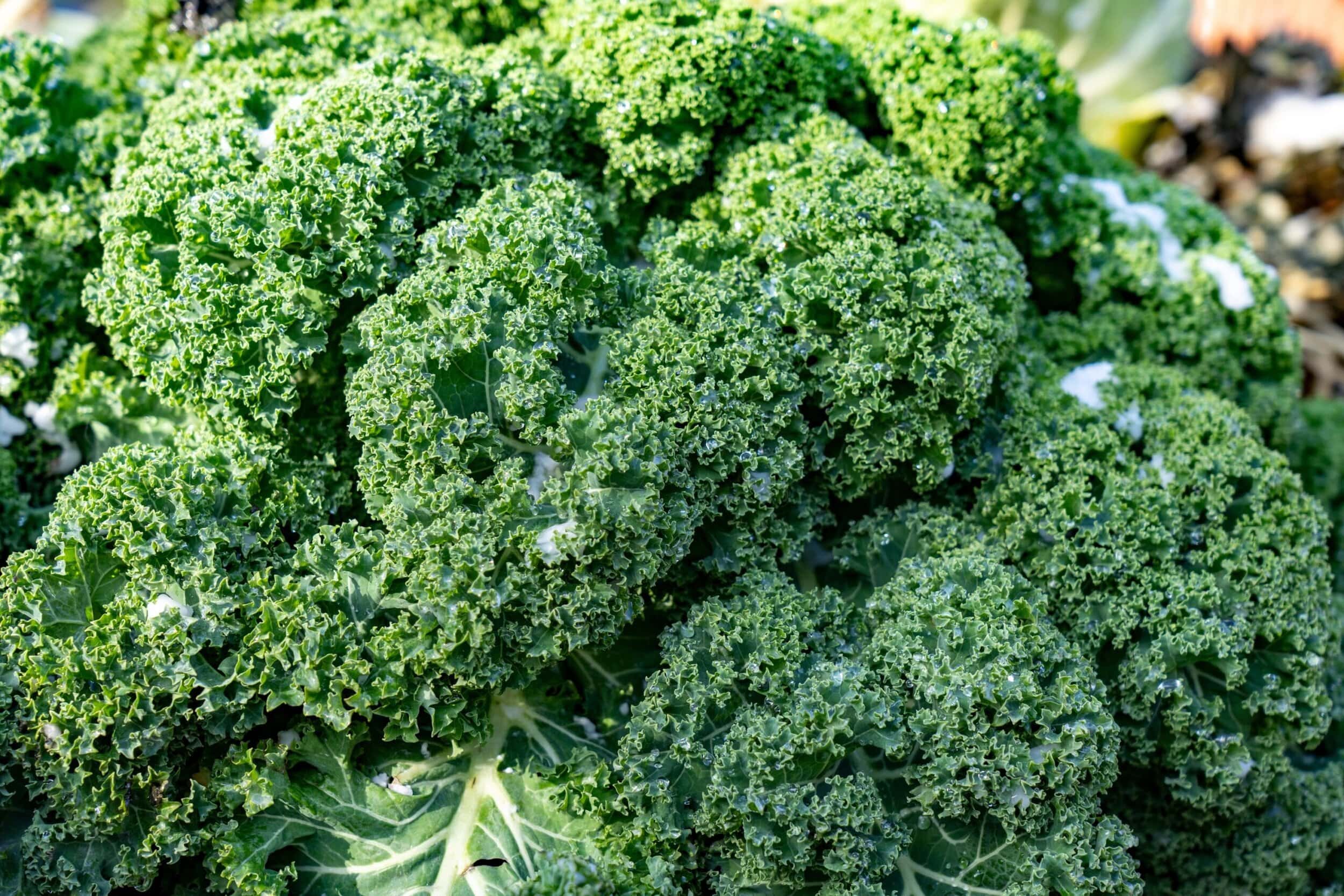Tofu has been fueling people for centuries—long before it became a staple in modern healthy kitchens. Originating in China more than 2,000 years ago, this soy-based food has stood the test of time for good reason: it’s nourishing, versatile, and surprisingly satisfying.
Today, tofu isn’t just for vegans or vegetarians—it’s for anyone looking to eat lighter without giving up flavor or fullness. With a balance of high-quality protein and relatively few calories, tofu is one of the few plant-based foods that provides all nine essential amino acids your body needs. It’s low in carbs, gentle on the stomach, and available in a range of textures—from silky smooth to extra firm—so it works just as well in a smoothie or dessert as it does in a stir-fry or salad.
Of course, how you prepare it matters. Deep-frying or coating tofu in sugary sauces can quickly turn this lean protein into a calorie-dense dish. But baked, grilled, blended, or lightly stir-fried, tofu can be a delicious, satisfying addition to your weight-loss plan.
✅ Quick answer
Yes, tofu can be an excellent choice for weight loss because it’s high in protein and low in calories. A 3.5-ounce serving packs about 10 grams of complete protein for under 100 calories.
🚀 Weight-loss benefits
- Protein that works harder for you – Tofu delivers lasting energy and helps your body hold on to lean muscle as you lose weight. Its high-quality plant protein keeps blood sugar steady and hunger at bay, which makes sticking to your calorie goals easier.
- Low in calories, high in volume – With just 94 calories per 3.5-ounce serving, tofu lets you fill your plate without overshooting your calorie budget. Because it’s low in calorie density, you can eat satisfying portions that help you stay in a deficit.
- Minimal carbs and sugar – With under 2 grams of carbs and virtually no sugar, tofu fits seamlessly into low-carb, keto, or blood-sugar-friendly eating plans. It won’t cause the energy crashes or cravings you might get from higher-carb foods.
⚠️ Things to be mindful of:
- How you cook it counts – Tofu itself is low in calories, but it easily soaks up whatever you cook it with. Deep-frying or using heavy sauces can quickly add extra calories and fat. Try baking, air-frying, or lightly stir-frying with minimal oil to keep it light and satisfying.
- It may not sit well with everyone – Because tofu is made from soybeans, some people with soy sensitivities or IBS may notice gas, bloating, or mild discomfort. It also contains natural compounds called phytates, which can slightly affect mineral absorption—but cooking helps reduce their impact.
- Isoflavones and hormones – Tofu contains plant compounds called isoflavones that act a bit like estrogen in the body. For most people, these are safe and even linked to benefits like heart and bone health. If you have a hormone-sensitive condition, it’s best to check with your healthcare provider about how much soy fits your needs.
Rx weight loss, the right way, with Noom
Get access to prescription weight loss medication with Noom.🥗 Nutrients in tofu (per 3.5 oz / 100g serving)
| Nutrient | Amount | % RDA* |
|---|---|---|
| Calories | 94 calories | 5% |
| Protein | 10 g | 20% |
| Total carbs | 1.8 g | <1% |
| Fiber | 1.1 g | 4% |
| Sugars | <0.1 g | — |
| Total fat | 5.6 g | 7% |
| – Saturated fat | 0.8 g | 4% |
| – Monounsaturated fat | 1.2 g | — |
| – Polyunsaturated fat | 3.2 g | — |
| Omega-3 | 318 mg | — |
| Omega-6 | 2,880 mg | — |
A 3.5-ounce serving of firm tofu packs a lot of nutrition into just 94 calories—only about 5% of a standard 2,000-calorie day. That means you can enjoy satisfying portions while still supporting your calorie goals.
The real highlight, as we’ve mentioned, is its 10 grams of complete protein per serving, providing about 20% of your daily needs. That protein helps maintain lean muscle, keeps you fuller for longer, and supports a healthy metabolism as you lose weight.
Tofu also fits easily into low-carb or keto plans, with under 2 grams of carbs and almost no sugar. Its healthy fats—mostly polyunsaturated and monounsaturated—include omega-3 and omega-6 fatty acids that support heart and brain health.
*Recommended dietary allowance (RDA) is defined as the average daily amount of nutrients needed to meet the requirements of nearly all healthy people in a specific group.
💊 Vitamins & minerals in tofu (per 3.5 oz / 100g serving)
| Vitamin/Mineral | Amount | % RDA* |
|---|---|---|
| Manganese | 0.6 mg | 26% |
| Calcium | 282 mg | 22% |
| Copper | 0.2 mg | 22% |
| Selenium | 11.5 μg | 21% |
| Phosphorus | 185 mg | 15% |
| Magnesium | 40 mg | 10% |
| Iron | 1.6 mg | 9% |
| Zinc | 1 mg | 9% |
Tofu isn’t just about protein and low calories—it’s also packed with important minerals that support overall health. One serving provides more than a quarter of your daily manganese, which supports bone strength, metabolism, and antioxidant protection.
Calcium is another standout, especially in tofu made with calcium sulfate, a natural mineral coagulant used to form the curds. This not only gives tofu its firm texture but also boosts its calcium content—helping support strong bones and teeth, particularly for those who avoid dairy.
You’ll also get meaningful amounts of selenium, copper, phosphorus, and magnesium, all of which play vital roles in energy production, muscle function, and overall cellular health.
🔍 Nutrient breakdown
Glycemic index (GI) of tofu
Glycemic index: 15 (Low)
💡 Tip: Low-GI foods like tofu are digested slowly, preventing sharp spikes in blood sugar and insulin. This helps control appetite, stabilize energy levels, and reduce fat storage—all key factors for successful weight loss.
Is tofu high in protein?
✔️ Yes – Tofu contains 10 g of protein per 3.5 oz serving. As a soy product, it’s one of the few plant-based foods that provides a complete protein profile with all nine essential amino acids, making it an excellent substitute for animal proteins when building lean muscle and boosting metabolism.
Better protein alternatives: Tempeh | Chicken breast | Greek yogurt
Is tofu high in fiber?
❌ No – Tofu provides 1.1 g of fiber per 3.5 oz serving. While not a high-fiber food, it contributes a small amount to your daily intake, and this fiber combines with its high protein content to promote feelings of fullness.
💡 Tip: Pair tofu with high-fiber vegetables like broccoli, Brussels sprouts, or spinach in a stir-fry to easily boost your meal’s total fiber content and enhance satiety.
Is tofu low in carbs?
✔️ Yes – Tofu has just 1.8 g of carbs per 3.5 oz serving. This makes it exceptionally low in carbohydrates with almost no impact on blood sugar levels, making it ideal for low-carb diets like keto.
Is tofu gluten-free?
✔️ Yes – Plain, unflavored tofu is naturally gluten-free since it’s made from soybeans, water, and a coagulant. However, some pre-marinated or processed tofu products may contain gluten-based ingredients like soy sauce or wheat-based additives. Always check the label to ensure it’s certified gluten-free if you have celiac disease or gluten sensitivity.
Is tofu good for fat loss?
✔️ Yes – Thanks to its high-protein and low-calorie profile, tofu is excellent for fat loss. Protein has a high thermic effect, meaning your body burns more calories digesting it compared to fats or carbs. It also helps preserve muscle mass during a calorie deficit, which keeps your metabolism running strong. Plus, its ability to promote satiety helps you naturally eat less overall.
💡 Tip: To maximize fat loss, prepare tofu by baking, grilling, or air-frying instead of deep-frying to keep its calorie and fat content low while achieving a satisfying crispy texture.
🍽️ Diet compatibility: Which diets include tofu?
| Diet | ✅ Yes / ❌ No | Why |
|---|---|---|
| Keto | ✅ | Tofu is extremely low in carbohydrates (1.8 g per serving) and high in protein and fat, making it perfect for ketogenic diets. It can be used as a primary protein source in keto-friendly meals. Just watch out for marinades, as many contain hidden sugars. |
| Paleo | ❌ | The Paleo diet excludes all legumes, and since tofu is made from soybeans, it’s not permitted. Legumes are avoided due to their content of antinutrients like lectins and phytates. Some modern interpretations may allow fermented soy like tempeh, but traditional paleo excludes tofu entirely. |
| Mediterranean | ✅ | The Mediterranean diet emphasizes plant-based foods, and tofu fits in beautifully as a healthy protein source. It aligns with the diet’s focus on unsaturated fats and lean proteins over red meat. Tofu can be easily incorporated into salads, vegetable dishes, and stews. |
| Vegan | ✅ | Tofu is a cornerstone of vegan and vegetarian diets, providing high-quality, complete plant-based protein. It’s incredibly versatile and serves as a direct substitute for meat, eggs, and cheese in countless recipes. It’s a fundamental food for meeting protein needs on a plant-based diet. |
| Gluten-free | ✅ | Plain tofu is naturally free from gluten and is a safe, nutritious option for individuals with celiac disease or non-celiac gluten sensitivity. However, always verify that packaged, marinated, or pre-cooked tofu products are certified gluten-free to avoid cross-contamination. |
Tofu is one of the most adaptable foods out there, fitting easily into several popular eating styles—though it’s not right for everyone. It’s especially valuable in vegan and vegetarian diets, where it serves as a reliable source of complete plant-based protein. For low-carb or keto plans, tofu also works beautifully: it’s low in carbs, rich in protein, and helps preserve muscle while supporting ketosis.
Tofu even aligns well with the Mediterranean diet, which emphasizes plant-based proteins and healthy fats for heart health. However, it’s not compatible with the Paleo diet, since soybeans are legumes and excluded from that plan due to their natural antinutrient content.
Ultimately, tofu’s flexibility shows how the same food can play very different roles depending on your nutrition philosophy—making it all the more important to find what fits your body and your goals.
🌟 Is tofu healthy? What are the health benefits
Metabolic health: Is tofu good for your metabolism?
- Boosts metabolism? ✔️ Yes – The high protein content in tofu requires more energy to digest compared to fats and carbohydrates, a process known as the thermic effect of food (TEF). This can lead to a slight increase in metabolic rate after meals. Consuming adequate protein from sources like tofu also helps build and maintain muscle mass, which is metabolically active tissue that burns calories even at rest.
- Improves insulin sensitivity? ✔️ Yes – Studies on soy isoflavones, which are abundant in tofu, suggest they can improve insulin sensitivity and glucose control. By helping your body use insulin more effectively, tofu may play a role in managing blood sugar levels and reducing the risk of type 2 diabetes.
- Effect on fat storage? Helps prevent – Tofu’s combination of low calories, high protein, and potential to improve insulin sensitivity makes it unfavorable for fat storage. The high satiety factor prevents overeating, while stable blood sugar levels reduce insulin spikes that can signal your body to store fat. Its nutrient profile supports a lean body composition.
Cholesterol impact: Does tofu affect cholesterol levels?
- Does it lower LDL (bad) cholesterol? ✔️ Yes – The U.S. Food and Drug Administration (FDA) has approved a health claim stating that 25 grams of soy protein per day, as part of a diet low in saturated fat and cholesterol, may reduce the risk of heart disease. Numerous studies show that regular consumption of soy protein from foods like tofu can lead to a modest but significant reduction in LDL cholesterol levels.
- Does it raise HDL (good) cholesterol? Limited evidence – The effect of soy protein on HDL cholesterol is less clear. Some studies show a slight increase or no effect, and the results aren’t as consistent as those for LDL cholesterol. The primary cardiovascular benefit appears to be its LDL-lowering effect.
- Overall impact on heart health? Tofu has a favorable impact on heart health. By lowering LDL cholesterol, providing healthy unsaturated fats, and being free of dietary cholesterol, it helps reduce major risk factors for cardiovascular disease. Its low saturated fat content also makes it a superior choice compared to many animal proteins.
💡 Tip: Combine tofu with other heart-healthy foods like avocado, olive oil, or walnuts to enhance its cardiovascular benefits and create delicious, satisfying meals.
Can I eat tofu for a calorie deficit?
✔️ Yes, with confidence – Tofu is an excellent food for maintaining a calorie deficit due to its low calorie density and high protein content.
💡 Tip: Use tofu to replace higher-calorie proteins like beef, pork, or cheese in your favorite recipes to easily reduce the overall calorie count of the meal while maintaining satisfaction.
Is tofu rich in antioxidants?
✔️ Yes – Tofu is a rich source of isoflavones, such as genistein and daidzein, which are powerful antioxidants. These compounds help neutralize harmful free radicals in your body, reducing oxidative stress and lowering the risk of chronic diseases. The antioxidant activity of isoflavones is linked to many of tofu’s health benefits, including reduced inflammation and improved heart health.
Does tofu support gut health?
✔️ Yes, with benefits – The fiber in tofu, although modest at 1.1 grams per serving, can act as a prebiotic, feeding beneficial bacteria in your gut. Some research suggests that soy isoflavones may positively influence gut microbiota composition. A healthy gut microbiome is linked to improved immunity, better mood, and overall health.
Does tofu support digestion?
Positive for most people – Tofu is generally easy to digest thanks to its soft texture and composition. The proteins in tofu are well-tolerated and absorbed efficiently by most people’s bodies. However, as a soy-based product, tofu can cause bloating or gas in individuals with soy sensitivities, allergies, or IBS, as it contains FODMAPs that may trigger digestive discomfort in sensitive individuals.
Does tofu help you feel satiated and less hungry?
High satiety level – The combination of high protein and water content in tofu makes it very effective at promoting satiety. Protein is the most filling macronutrient, signaling your brain that you’re full and helping control appetite for hours after a meal. This reduces the urge to snack and makes it easier to manage calorie intake throughout the day.
Satiety Level: High
💡 Tip: Pair tofu with a source of healthy fat, like a handful of almonds, avocado, or a drizzle of tahini, to further slow digestion and enhance feelings of fullness that last even longer.
Does tofu help with nighttime cravings?
✔️ Yes – Eating a protein-rich meal with tofu for dinner can help stabilize blood sugar levels overnight, preventing the crashes that often lead to late-night cravings for sugary or high-carb foods. Its sustained release of energy helps you feel satisfied and less likely to raid the pantry before bed.
💡 Tip: Try a simple dinner of baked tofu with roasted vegetables to keep you satisfied through the evening without feeling heavy or bloated before sleep.
Does tofu help reduce inflammation?
✔️ Yes – The isoflavones in tofu possess anti-inflammatory properties that can help reduce chronic inflammation in the body. Chronic inflammation is a root cause of many diseases, including heart disease, diabetes, and arthritis. Regular consumption of tofu may contribute to a lower inflammatory state and better overall health.
Is tofu beneficial for brain health?
✔️ Yes, with promising evidence – The polyunsaturated fats, lecithin, and isoflavones in tofu support cognitive function. Isoflavones have been studied for their potential to improve memory and executive function, particularly in postmenopausal women. These compounds may help protect brain cells from damage and support healthy aging of the brain.
Can tofu improve skin and hair health?
✔️ Yes, minor benefits – The high-quality protein in tofu is essential for building keratin, the primary structural component of hair and nails. The isoflavones may also help boost collagen production, which keeps skin firm and elastic, potentially reducing the appearance of wrinkles and supporting a healthy complexion.
Can tofu help balance hormones?
✔️ Yes, limited evidence – The phytoestrogens (isoflavones) in tofu can have a mild estrogen-like effect. In perimenopausal and postmenopausal women, they may help alleviate symptoms like hot flashes by providing a weak estrogenic signal. For most people, these compounds don’t negatively impact hormonal health and may even contribute to a reduced risk of hormone-related cancers.
💡 Tip: If you have specific hormone-sensitive conditions, it’s wise to consult with your healthcare provider about appropriate tofu consumption, though research generally supports its safety for most people.
🍽️ Best ways to eat tofu for weight loss
- Baking or air-frying – This method achieves a crispy, satisfying texture without the need for excess oil. Simply press the tofu to remove water, cut it into cubes, toss with a light marinade or your favorite spices, and bake at 400°F until golden. This creates a versatile, low-calorie protein to add to salads, grain bowls, or wraps.
- Stir-frying with vegetables – A classic stir-fry is a fantastic way to combine tofu with a high volume of nutrient-dense, high-fiber vegetables. Use a minimal amount of healthy oil like sesame or avocado oil and flavor with low-sodium soy sauce, fresh ginger, and garlic. This creates a balanced, filling meal that’s low in calories but packed with nutrients.
- Blending into smoothies or scrambles – Silken tofu can be scrambled with turmeric and vegetables for a satisfying, egg-free breakfast that’s high in protein and low in calories. It can also be blended into smoothies for a protein boost without changing the flavor much.
- ❌ Avoid deep-frying – Deep-frying tofu causes it to absorb extra fat and calories. A single serving of fried tofu can contain several hundred more calories than its baked counterpart.
🍏 Best alternatives & comparisons (per 3.5 oz / 100g)
| Food | Calories | Carbs | Fiber | Protein | Fat |
|---|---|---|---|---|---|
| Tofu (firm) | 94 | 1.8 g | 1.1 g | 10 g | 5.6 g |
| Lentils (cooked) | 116 | 20.1 g | 7.9 g | 9 g | 0.4 g |
| Seitan | 121 | 5.7 g | 0.7 g | 25 g | 1.4 g |
| Edamame (cooked) | 122 | 9.9 g | 5.2 g | 11.9 g | 5.2 g |
| Black beans (cooked) | 132 | 23.7 g | 8.7 g | 8.9 g | 0.5 g |
| Chickpeas (cooked) | 139 | 27.4 g | 7.6 g | 8.9 g | 2.6 g |
| Tempeh | 192 | 7.6 g | — | 20.3 g | 10.8 g |
| Beyond Burger (cooked) | 240 | 3 g | 2 g | 19 g | 18 g |
When you compare tofu to other plant-based proteins, its weight-loss advantages really stand out. It’s the lowest-calorie option on the list and one of the most balanced—light enough for calorie control but still satisfying and nutrient-dense.
Against lentils, beans, and chickpeas, tofu delivers far fewer carbs while still providing a solid dose of protein. That makes it a great fit for low-carb, high-protein, or balanced Mediterranean-style eating.
While seitan and tempeh pack more protein per serving, tofu offers a gentler, more versatile option with healthy fats and phytonutrients that support heart and hormone health. And compared to processed choices like Beyond Burgers, it’s far less calorie-dense and closer to its natural, whole-food form.
Bottom line: Tofu strikes an ideal balance of calories, carbs, and protein—making it one of the most sustainable and satisfying plant-based proteins for long-term weight management.
Frequently asked questions about tofu and weight loss
Can I eat tofu every day for weight loss?
Yes, you can eat tofu daily as part of a balanced weight loss diet. Its high protein content, low calories, and complete amino acid profile make it an excellent everyday protein source. However, variety is important for overall nutrition, so consider rotating tofu with other protein sources like legumes, fish, or poultry to ensure you’re getting a wide range of nutrients.
Is tofu better than chicken for weight loss?
Both tofu and chicken can be excellent for weight loss, but they have different strengths. Chicken breast has more protein per serving (31g vs. 10g), but tofu has fewer calories (94 vs. 165) and contains fiber and beneficial isoflavones. Tofu is also more versatile in absorbing flavors. The best choice depends on your dietary preferences, nutritional needs, and cooking style.
Does tofu make you gain weight?
No, tofu itself doesn’t cause weight gain—it’s actually a weight-loss-friendly food. But how you prepare it can really matter. Deep-frying tofu or serving it with high-calorie sauces can add substantial calories. When prepared healthily through baking, grilling, or light stir-frying, tofu is unlikely to cause weight gain and can actually support weight loss.
How much tofu should I eat per day for weight loss?
A serving of 3.5 to 7 ounces (100-200g) of tofu per day is a reasonable amount for weight loss, providing 10-20 grams of protein for under 200 calories. This amount fits well into most calorie-controlled diets. Listen to your body’s hunger cues and adjust portions based on your overall calorie goals and activity level.
Is tofu good for losing belly fat?
While no single food specifically targets belly fat, tofu can support overall fat loss, including from the abdominal area. Its high protein content helps preserve muscle mass and boost metabolism, while its low calories make it easier to maintain a calorie deficit. Combined with regular exercise and a balanced diet, tofu can be part of an effective strategy for reducing belly fat.
Can tofu help with weight loss on a vegan diet?
Absolutely. Tofu is one of the best protein sources for vegan weight loss because it provides complete protein with all essential amino acids in a low-calorie package. It helps vegans meet their protein needs without relying on higher-calorie plant foods, supports muscle maintenance during weight loss, and promotes satiety to reduce overall calorie intake.
Is silken tofu or firm tofu better for weight loss?
Both types can work for weight loss, but firm and extra-firm tofu generally have slightly more protein and hold up better in cooking methods like baking and stir-frying that don’t require added oil. Silken tofu is softer and works well blended into smoothies, dressings, or scrambles. Choose based on your recipe and preparation method—both are nutritious, low-calorie options.
Does tofu affect hormones or estrogen levels?
No, tofu does not negatively affect hormones in most people. While tofu contains phytoestrogens (isoflavones), these plant compounds are much weaker than human estrogen and don’t cause hormonal imbalances. Multiple large-scale studies show that soy consumption is safe for both men and women and doesn’t affect testosterone levels in men or cause feminization. In fact, the phytoestrogens may offer protective benefits against hormone-related cancers. However, if you have a specific hormone-sensitive condition, it’s always wise to consult your healthcare provider about appropriate intake levels.
🧠 The bottom line: Tofu is excellent for weight loss
Yes — tofu is one of the best foods you can add to a sustainable weight-loss plan. Its nutritional profile checks all the right boxes: high in complete protein, low in calories and carbs, and rich in essential minerals that keep your body working at its best. A 3.5-ounce serving delivers about 10 grams of quality protein for under 100 calories, helping you feel full longer, preserve lean muscle, and support a steady metabolism.
But tofu’s benefits go beyond the scale. It’s linked to heart health thanks to its ability to help lower cholesterol, and its antioxidant and anti-inflammatory compounds may offer protection against chronic disease. Plus, its versatility makes it easy to enjoy in countless ways—baked, grilled, scrambled, or blended into smoothies or soups—so your meals stay exciting and satisfying.
The secret is in how you prepare it. Baking, grilling, air-frying, or light stir-frying keeps tofu lean and nutrient-packed. Pair it with fiber-rich vegetables for lasting fullness, and skip deep-frying or heavy sauces that can add unnecessary calories.
When cooked with care, tofu becomes more than just a weight-loss food—it’s a foundation for balanced eating that supports long-term health, satisfaction, and well-being.
📖 Scientific evidence
- Tofu may support heart health (The Journal of Nutrition, 2019). A meta-analysis found that soy protein—commonly from tofu and other soy foods—helped lower LDL (“bad”) cholesterol and total cholesterol, suggesting that including tofu regularly may support long-term heart health.
- Tofu and soy may offer broad health benefits (Frontiers in Nutrition, 2022). A review of decades of research found that soyfoods like tofu can support heart, bone, and muscle health, may help manage cholesterol, and show no consistent evidence of negative effects on hormones or thyroid function in healthy adults.
- Soy protein supports healthy weight loss (Obesity Science & Practice, 2018). People who followed a calorie-controlled, high-protein plan lost just as much weight when their protein came from soy foods—like tofu—as when it came from other protein sources.
- Soy isoflavones don’t seem to affect estrogen levels (Advances in Nutrition, 2025). A study found that daily intake of soy isoflavones—like those in tofu—didn’t significantly change key markers of estrogen activity in postmenopausal women, suggesting that moderate tofu consumption is safe for hormone balance.
- Tofu’s soy compounds may support metabolic health (Molecules, 2021). A review found that soy isoflavones—the natural plant compounds in tofu—may help improve blood pressure, blood sugar, and cholesterol levels while reducing inflammation.
Why you can trust us
At Noom, we’re committed to providing health information that’s grounded in reliable science and expert review. Our content is created with the support of qualified professionals and based on well-established research from trusted medical and scientific organizations. Learn more about the experts behind our content on our Health Expert Team page.





















 Noom Team
Noom Team
 Melissa Kay
Melissa Kay

 Shoshana Fishbein
Shoshana Fishbein
